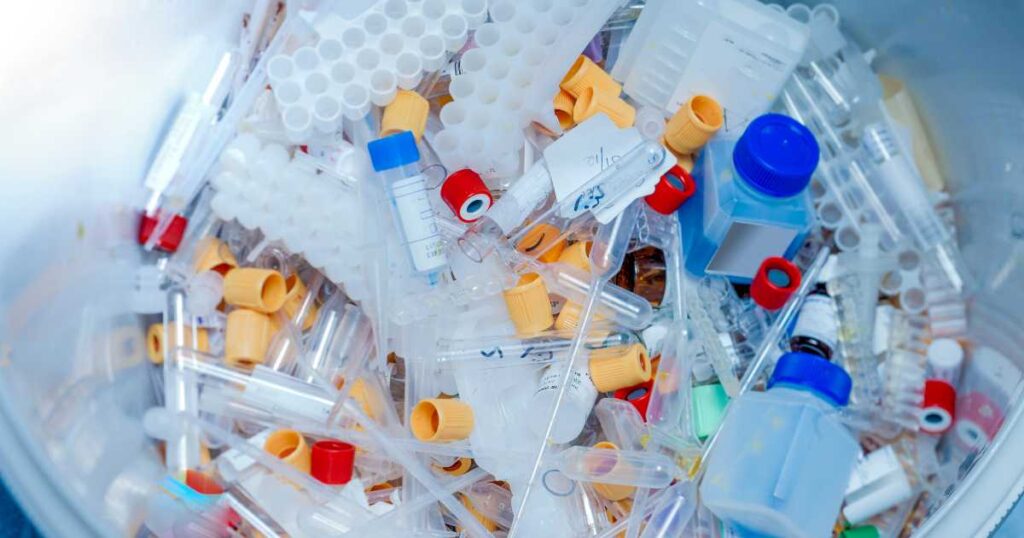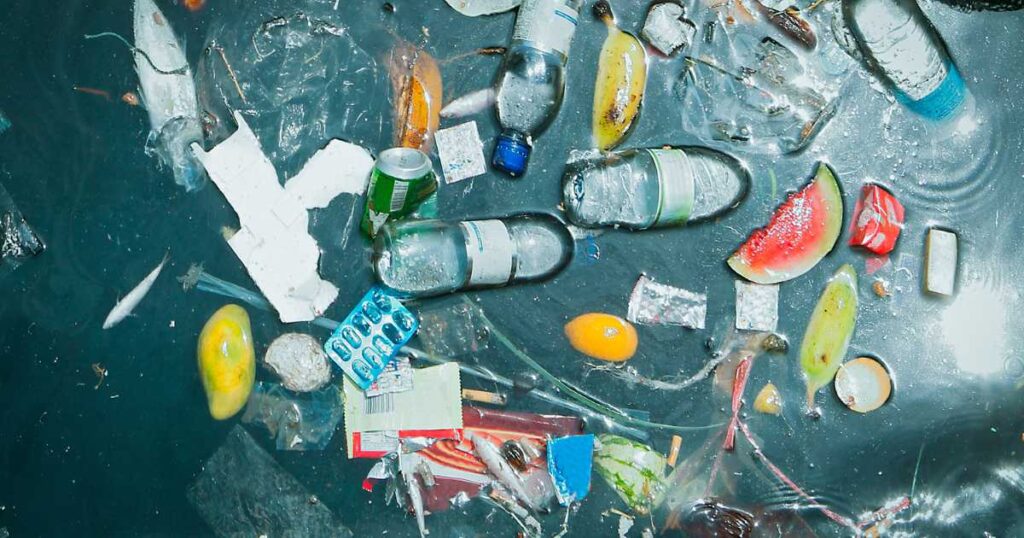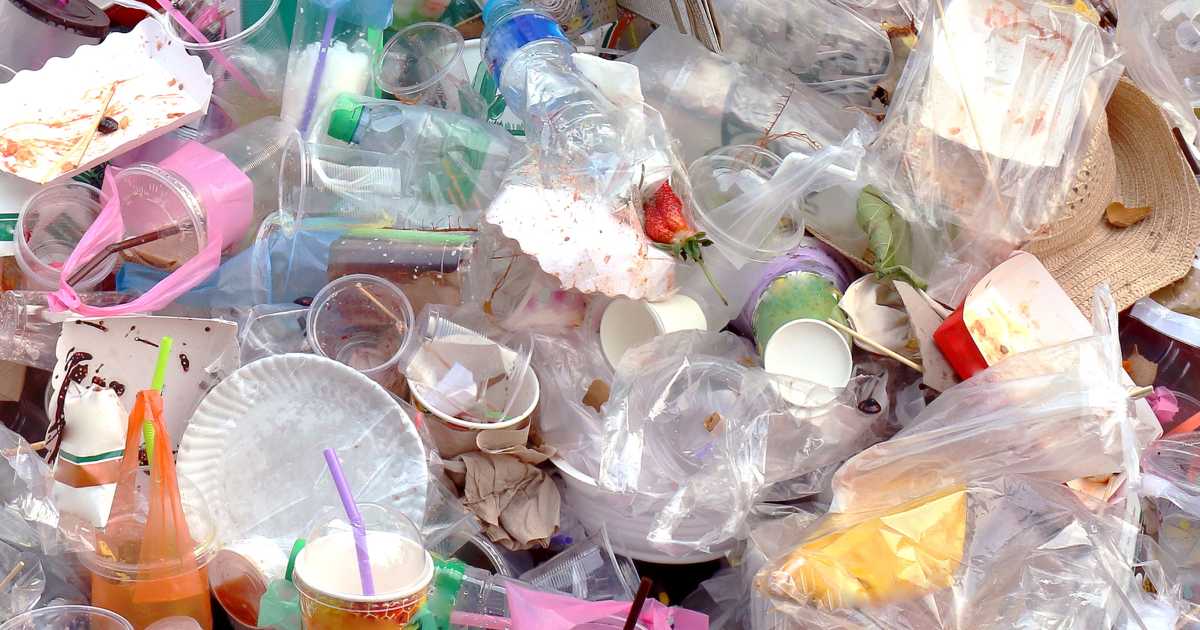Pharmaceutical waste disposal is not just about cleaning out medicine cabinets; it’s a critical effort to protect our health, environment, and safety. Whether at home or in a healthcare facility, knowing how to dispose of unused, expired, or contaminated medications properly can prevent pollution, reduce public health risks, and support sustainability.
This guide will walk you through the risks, methods, and best practices for pharmaceutical waste management with actionable steps and engaging insights.
What is Pharmaceutical Waste, and Why is It Critical?
Pharmaceutical waste encompasses a range of products, including expired, unused, and contaminated medications. These items require specific disposal methods to prevent harm. Improper handling not only leads to environmental damage but also poses risks to public health, including accidental poisoning and drug misuse.
Why It Matters?
Protects ecosystems from contamination. Reduces public health risks associated with improper disposal. Ensures compliance with legal and regulatory standards.
Classifications of Pharmaceutical Waste
Pharmaceutical waste can be grouped into several categories based on its nature and disposal needs:

Expired Medications
Medications lose their effectiveness and safety over time. Keeping expired drugs can lead to confusion and potential harm if mistakenly used.
Unused Medications
These include prescriptions no longer needed or over-the-counter drugs left unutilized. Such waste often accumulates in households, posing risks of accidental ingestion.
Contaminated Medications
Medications that have come into contact with harmful substances, such as spilled liquids or damaged packaging, must be handled with caution.
Hazardous and Controlled Substances
Some medications, particularly those with high abuse potential (e.g., opioids), require specialized disposal due to their regulated nature.
Common Sources of Pharmaceutical Waste
Pharmaceutical waste can originate from numerous settings:
Healthcare Facilities: Hospitals, clinics, and nursing homes produce substantial amounts of waste during patient care.
Pharmacies: Retail and compounding pharmacies generate waste from expired stock and customer returns.
Veterinary Offices: Medications used for animals contribute to pharmaceutical waste.
Households: Consumers often store unused or expired medications at home, creating risks of accidental poisoning or misuse.
The Consequences of Improper Disposal
Failing to dispose of pharmaceutical waste properly can result in a cascade of environmental and health issues:

Environmental Impacts
Water Pollution: Flushing medications or discarding them inappropriately can introduce harmful substances into waterways. Wastewater treatment plants are often unable to remove these compounds, resulting in long-term contamination of rivers, lakes, and drinking water. For larger waste disposal needs, consider dumpster rentals for hazardous materials.
Soil Contamination: Pharmaceuticals in landfills can seep into the ground, affecting soil quality and harming plant and animal life.
Air Pollution: Burning pharmaceutical waste without adequate pollution controls releases toxic chemicals into the atmosphere, degrading air quality and harming respiratory health.
Public Health Risks
Accidental Poisoning: Children and pets are especially vulnerable to poisoning from improperly stored or discarded medications.
Drug Abuse: Discarded controlled substances can be retrieved from trash, fueling substance abuse and addiction.
Antibiotic Resistance: Antibiotics improperly disposed of in the environment encourage the growth of resistant bacteria, posing significant challenges to treating infections.
Economic and Legal Consequences
Regulatory Penalties: Non-compliance with pharmaceutical waste disposal regulations can result in hefty fines and legal action.
Reputational Damage: Organizations found negligent in waste management may lose community trust and suffer financial setbacks.
Safe Disposal Methods for Pharmaceutical Waste
Disposing of pharmaceutical waste responsibly is essential for minimizing risks. Here are some effective methods:
Utilize Drug Take-Back Programs
These programs are one of the safest ways to get rid of old medications. Many local pharmacies, hospitals, and community organizations hold take-back events or set up permanent drop-off spots for easy disposal.
Follow FDA Guidelines for Disposal
For certain medications, the FDA provides specific disposal instructions. For example: Combine medications with an unpleasant substance, such as coffee grounds or cat litter. Seal the mixture in a plastic bag and discard it in the trash. Remove personal information from prescription labels before disposal.
Avoid Flushing Medications
Unless explicitly instructed by the medication label, never flush drugs down the toilet, as this can lead to water contamination.
Professional Waste Disposal Services
Healthcare facilities and pharmacies can partner with licensed waste disposal companies to manage large volumes of pharmaceutical waste. These services ensure compliance with regulations and environmentally sound disposal. For residential or commercial waste, how to choose a dumpster rental company can be a crucial step.
Regulatory Guidelines for Pharmaceutical Waste
Adhering to local, state, and federal regulations is critical to ensure safe and lawful disposal. Key regulatory bodies include:
DEA (Drug Enforcement Administration): Oversees the disposal of controlled substances.
EPA (Environmental Protection Agency): Regulates hazardous pharmaceutical waste under the Resource Conservation and Recovery Act (RCRA).
FDA (Food and Drug Administration): Provides guidelines for the disposal of unused medications.
Innovations in Pharmaceutical Waste Management
Emerging technologies and practices are revolutionizing how pharmaceutical waste is handled:
Smart Waste Containers: Equipped with tracking systems to monitor and sort waste.
Biodegradable Drug Packaging: Reduces the environmental impact of pharmaceutical products.
Waste-to-Energy Conversion: Transforms pharmaceutical waste into renewable energy sources.
Advanced Incineration Techniques: Incorporate emission controls to ensure safer burning of hazardous materials.

The Role of Healthcare Facilities and Organizations
Healthcare facilities play a pivotal role in pharmaceutical waste management:
Employee Training: Regular training ensures staff understand proper handling and disposal protocols.
Segregation Practices: Clearly labeled bins for hazardous, non-hazardous, and recyclable waste minimize contamination risks.
Regular Audits: Conducting routine audits helps maintain compliance and identify areas for improvement.
Community Outreach: Educating patients and the public about safe disposal practices fosters a culture of responsibility.
Tips for Households: Taking Responsibility at Home
Households can contribute to safer disposal with simple yet effective steps:
Check Expiry Dates: Regularly review medications and promptly dispose of expired ones.
Secure Storage: Store medications in child-proof, locked cabinets to prevent accidental access.
Engage with Take-Back Programs: Participate in local events to safely dispose of unwanted medications.
For other types of waste at home, check out what not to put in a garbage disposal.
Frequently Asked Question
Why is proper pharmaceutical waste disposal important?
Proper disposal prevents environmental contamination, protects public health, and ensures that medications don’t fall into the wrong hands, reducing risks such as drug misuse and accidental poisoning.
Can I throw unused medications in the trash?
While some medications can be mixed with unappealing substances (e.g., coffee grounds) and disposed of in the trash, this is not always the safest method. Participating in drug take-back programs is a better option for most medications.
Can medications be flushed down the toilet?
Only flush medications if explicitly instructed by the label or guidelines. Flushing can lead to water contamination, as many treatment plants cannot filter out pharmaceutical compounds.
What should I do with used sharps or syringes?
Used sharps should be placed in a puncture-resistant container (e.g., an FDA-cleared sharps container) and disposed of at designated drop-off sites or through mail-back programs. Avoid discarding them in regular trash or recycling bins.
How can households participate in proper disposal?
Households can participate in community take-back programs, use designated disposal kiosks at pharmacies, or follow FDA recommendations for safe trash disposal of non-hazardous medications.
Are there penalties for improper disposal of pharmaceutical waste?
Yes, healthcare facilities and businesses that fail to comply with waste disposal regulations may face legal and financial penalties. Individuals may not face fines, but improper disposal can have significant environmental and health consequences.
What are some eco-friendly disposal practices?
Using waste-to-energy programs, biodegradable drug packaging, and advanced incineration technologies with emission controls are eco-friendly methods that reduce the environmental impact of pharmaceutical waste.
Can veterinarians and animal clinics dispose of pharmaceutical waste similarly to human healthcare facilities?
Yes, veterinary clinics must follow similar guidelines to dispose of pharmaceutical waste properly, especially for controlled substances and hazardous materials.
Conclusion:
Pharmaceutical waste disposal is not just a logistical task—it’s a vital step toward safeguarding public health, preserving the environment, and preventing misuse. Whether at home or in a healthcare facility, adopting safe disposal practices ensures medications do not harm ecosystems or pose risks to communities.
By understanding the different types of pharmaceutical waste, the risks associated with improper disposal, and the steps to handle it responsibly, we all have the power to make a positive impact. Participate in drug take-back programs, educate others on proper disposal practices, and encourage innovation in waste management systems.
Taking these steps together ensures a healthier planet and a safer future for everyone. Let’s prioritize pharmaceutical waste disposal today to build a better tomorrow.
